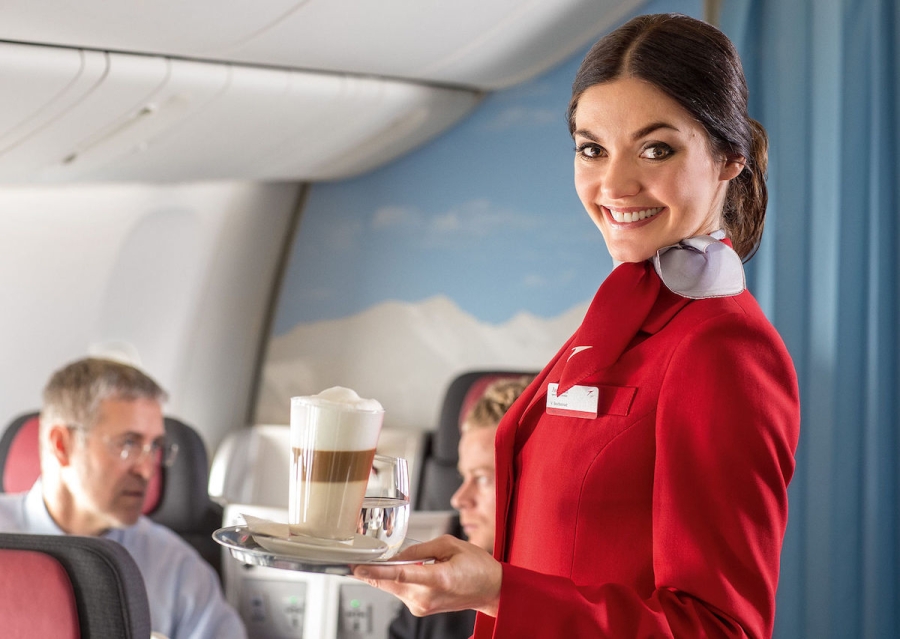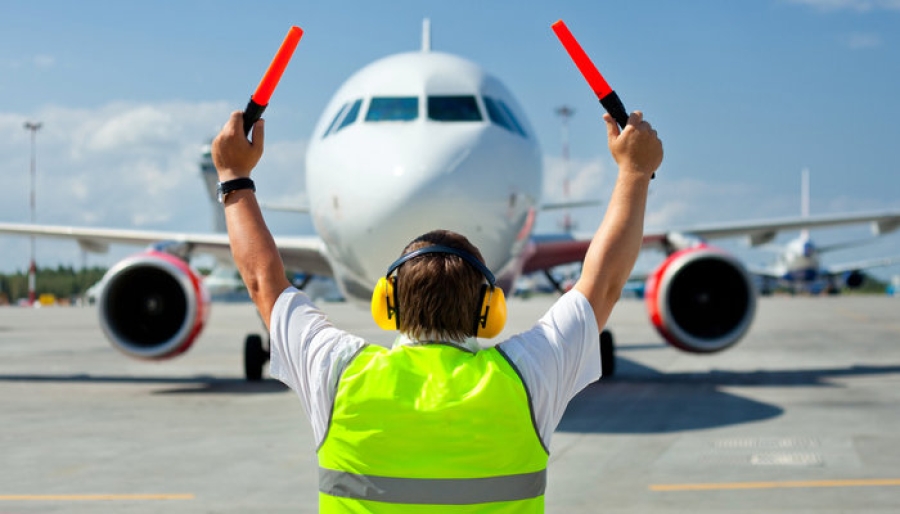- Afghanistan
- Åland Islands
- Albania
- Algeria
- American Samoa
- Andorra
- Angola
- Anguilla
- Antarctica
- Antigua and Barbuda
- Argentina
- Armenia
- Aruba
- Australia
- Austria
- Azerbaijan
- Bahamas
- Bahrain
- Bangladesh
- Barbados
- Belarus
- Belgium
- Belize
- Benin
- Bermuda
- Bhutan
- Bolivia
- Bonaire, Sint Eustatius, and Saba
- Bosnia and Herzegovina
- Botswana
- Bouvet Island
- Brazil
- British Indian Ocean Territory
- British Virgin Islands
- Brunei
- Bulgaria
- Burkina Faso
- Burundi
- Cambodia
- Cameroon
- Canada
- Cape Verde
- Cayman Islands
- Central African Republic
- Chad
- Chile
- China
- Christmas Island
- Cocos [Keeling] Islands
- Colombia
- Comoros
- Cook Islands
- Costa Rica
- Croatia
- Cuba
- Curaçao
- Cyprus
- Czech Republic
- Congo - Kinshasa
- Denmark
- Djibouti
- Dominica
- Dominican Republic
- Timor-Leste
- Ecuador
- Egypt
- El Salvador
- Equatorial Guinea
- Eritrea
- Estonia
- Ethiopia
- Falkland Islands
- Faroe Islands
- Fiji
- Finland
- France
- French Guiana
- French Polynesia
- French Southern Territories
- Gabon
- Gambia
- Georgia
- Germany
- Ghana
- Gibraltar
- Greece
- Greenland
- Grenada
- Guadeloupe
- Guam
- Guatemala
- Guernsey
- Guinea
- Guinea-Bissau
- Guyana
- Haiti
- Heard Island and McDonald Islands
- Honduras
- Hong Kong SAR China
- Hungary
- Iceland
- India
- Indonesia
- Iran
- Iraq
- Ireland
- Isle of Man
- Israel
- Italy
- Côte d’Ivoire
- Jamaica
- Japan
- Jersey
- Jordan
- Kazakhstan
- Kenya
- Kiribati
- Kosovo
- Kuwait
- Kyrgyzstan
- Laos
- Latvia
- Lebanon
- Lesotho
- Liberia
- Libya
- Liechtenstein
- Lithuania
- Luxembourg
- Macau SAR China
- Macedonia
- Madagascar
- Malawi
- Malaysia
- Maldives
- Mali
- Malta
- Marshall Islands
- Martinique
- Mauritania
- Mauritius
- Mayotte
- Mexico
- Micronesia
- Moldova
- Monaco
- Mongolia
- Montenegro
- Montserrat
- Morocco
- Mozambique
- Myanmar [Burma]
- Namibia
- Nauru
- Nepal
- Netherlands
- Netherlands Antilles
- New Caledonia
- New Zealand
- Nicaragua
- Niger
- Nigeria
- Niue
- Norfolk Island
- North Korea
- Northern Mariana Islands
- Norway
- Oman
- Pakistan
- Palau
- Palestinian Territories
- Panama
- Papua New Guinea
- Paraguay
- Peru
- Philippines
- Pitcairn Islands
- Poland
- Portugal
- Puerto Rico
- Qatar
- Congo - Brazzaville
- Réunion
- Romania
- Russia
- Rwanda
- Saint Barthélemy
- Saint Helena
- Saint Kitts and Nevis
- Saint Lucia
- Saint Martin
- Saint Pierre and Miquelon
- Saint Vincent and the Grenadines
- Samoa
- San Marino
- São Tomé and Príncipe
- Saudi Arabia
- Senegal
- Serbia
- Serbia and Montenegro
- Seychelles
- Sierra Leone
- Singapore
- Sint Maarten
- Slovakia
- Slovenia
- Solomon Islands
- Somalia
- South Africa
- South Georgia and the South Sandwich Islands
- South Korea
- South Sudan
- Spain
- Sri Lanka
- Sudan
- Suriname
- Svalbard and Jan Mayen
- Swaziland
- Sweden
- Switzerland
- Syria
- Taiwan
- Tajikistan
- Tanzania
- Thailand
- Togo
- Tokelau
- Tonga
- Trinidad and Tobago
- Tunisia
- Turkey
- Turkmenistan
- Turks and Caicos Islands
- Tuvalu
- U.S. Virgin Islands
- Uganda
- Ukraine
- United Arab Emirates
- United Kingdom
- United States
- U.S. Minor Outlying Islands
- Uruguay
- Uzbekistan
- Vanuatu
- Vatican City
- Venezuela
- Vietnam
- Wallis and Futuna
- Western Sahara
- Yemen
- Zambia
- Zimbabwe
How to Become a Flight Attendant

How to Become a Flight Attendant
duty is to make sure passengers are safe and comfortable during their journey. In addition to serving passengers, the duties of an air hostess or flight attendant also include preflight and postlanding preparations for the aircraft. The role includes a lot of travel opportunities, but it also has a lot of rules and regulations. We'll go over what it takes to become an air hostess, what their different responsibilities are, and how you may advance in the field.
What is a Flight Attendant?
Passengers' well-being and security is the primary responsibility of the plane's cabin crew, which includes the likes of air hosts, flight attendants, air stewards. The employment necessitates a significant amount of time spent on planes, both in the air and on the ground. As part of this service, passengers will be served their meals, including any specific dietary needs they may have. In addition to selling duty-free goods and presents, air hostesses give passengers things like pillows, blankets, and headphones, and they assist them with any questions or concerns they may have.
The safety of the passengers is also a responsibility of flying attendants. All of the plane's safety equipment must be operational prior to takeoff, and passengers must enter and exit the plane in a safe manner. Onboard safety equipment, including oxygen masks, life jackets, and emergency exits are also demonstrated to guests. In addition, flight attendants assist customers who need assistance with stowing their bags in the designated compartments.
How to become a flight attendant
Air hostesses don't usually need college degrees. Only secondary school is a requirement. Air hostess jobs can be achieved by direct application, apprenticeship, or college course. Each is described below:
1. Direct-apply
No college or apprenticeship may be necessary. Air hostesses just need a high school diploma and must pass background checks. You must also speak English well and have outstanding communication abilities. Before applying, read job ads to learn what companies want.
2. Complete an apprenticeship
Flight attendants apprenticeships are available. This lasts a year to 18 months and gives ambitious cabin staff on-the-job training. To qualify for an apprenticeship, you need GCSEs in English and arithmetic with a grade of 4 (C or better). Level 3 apprenticeships require five GCSEs.
Cabin crew apprenticeships include flight operations and organisation and commercial. The flight operations sector covers pre-flight checks and activities, including equipment service and maintenance, and in-flight and post-flight programmes. Safety, meals, disembarkation, security, and flight debriefing. The organisation and commercial component teaches apprentices laws and regulations, health and safety measures, danger perception and reporting, and the airline's policies, values, culture, and goals.
3. Complete a college-level course
A Level 2 Diploma in Aviation and Cabin Crew or a travel and tourism degree with a cabin crew module will help you become an air hostess. For a level 2 course, you need at least two 3 GCSEs (D or higher). A cabin crew diploma covers airline safety, health, and security, including laws and legislation. The training covers emergency procedures and how to use emergency equipment.
The school also teaches the overall responsibilities of cabin crew, how to prepare an aircraft before boarding, serve passengers during flight, make passenger announcements, and handle disembarkation. This covers airport paperwork and procedures.
4. Other air hostess paths
There are other possibilities besides being an air hostess if you're unsure. Some airlines provide online quizzes and info. Airlines may provide two-day training for prospective cabin crew, which can help you gain a job. Some groups provide beginning classes. These aren't cabin crew requirements, but they can assist you understand the work and improve your CV.
What are the air hostess requirements/restrictions?
Even though you don't need any more education to become an air hostess, there are still some rules you have to follow. For example, you might have to pass a Disclosure and Barring Service (DBS) check or a more in-depth background check. You also need to be at least 18 years old, pass a medical check, and have a valid passport with no travel restrictions for the countries the airline flies to. Air hostesses need to be physically fit because they often have to help passengers with their bags and people with physical disabilities.
Cabin crew must also be able to speak and understand English well. Most of the time, the airline will want you to live no more than 90 minutes from your base. Most airlines also have rules about how tall and how much you can weigh. Most of the time, you have to be at least 5ft 2in (157cm) tall and no more than 6ft 2in (188cm) tall. Your weight also has to be right for your height. Different airlines have different height limits, so it's important to check ahead of time. You may also have to show that you can swim at least 25 metres.

 by Admin
by Admin

